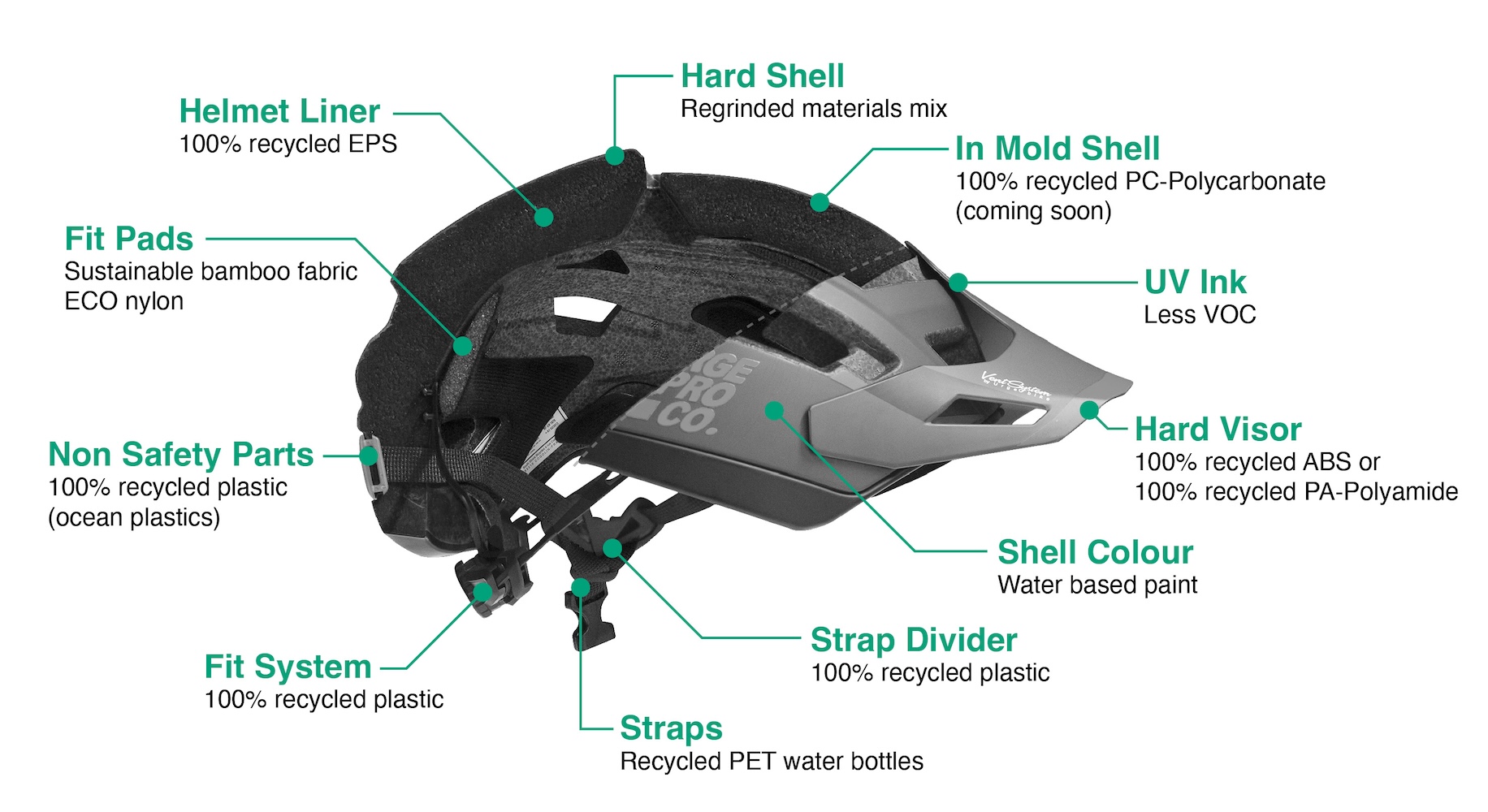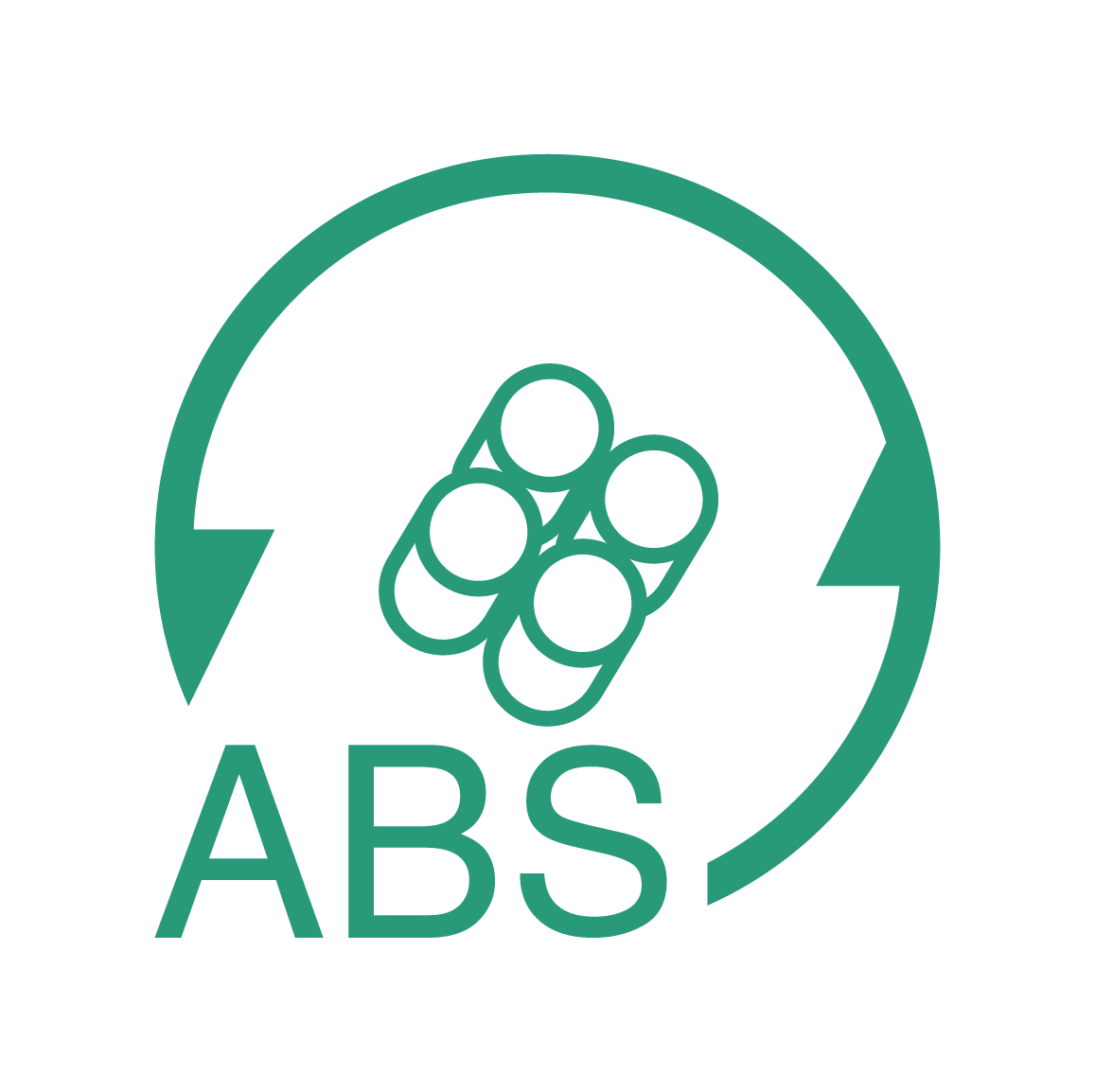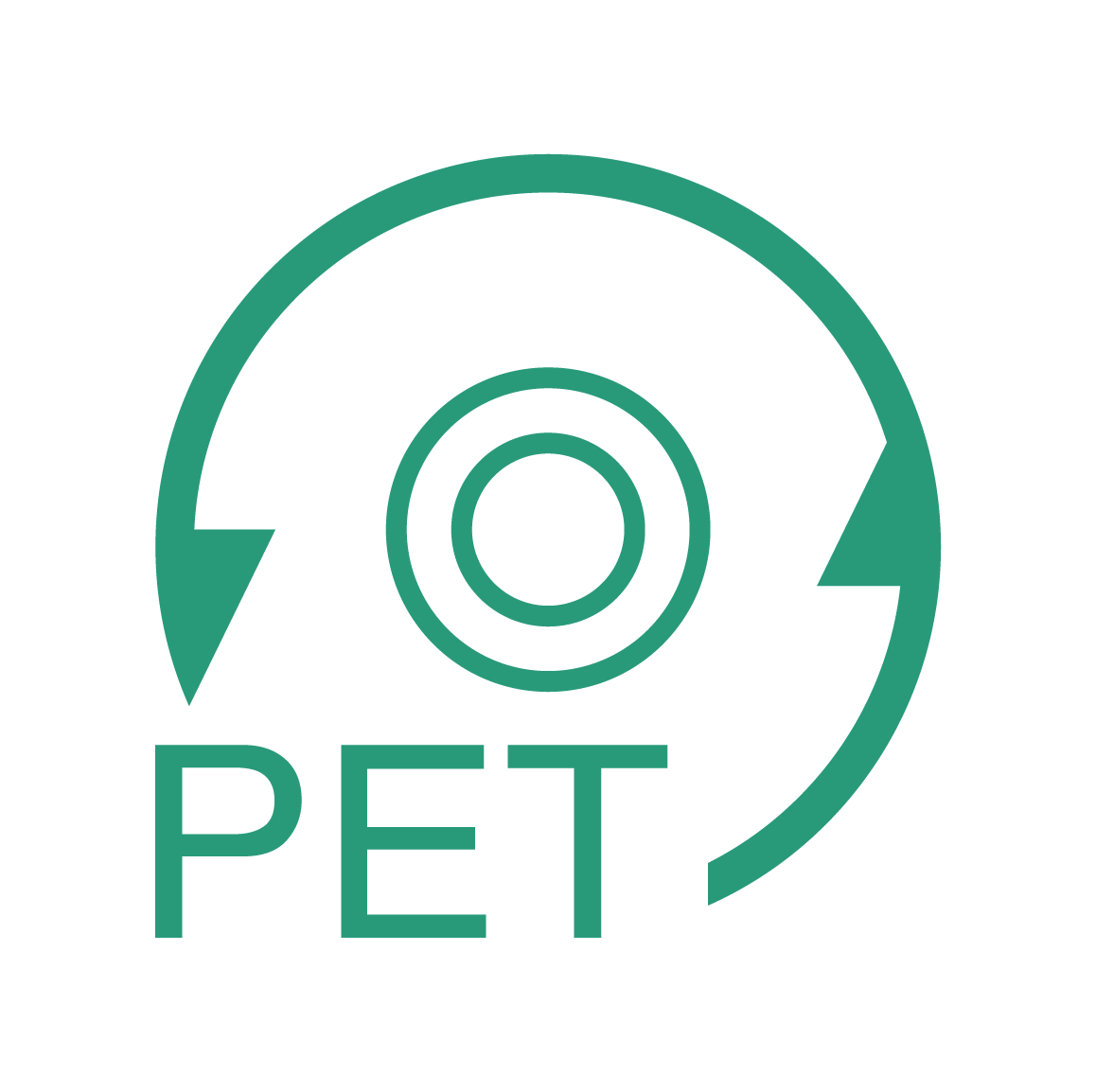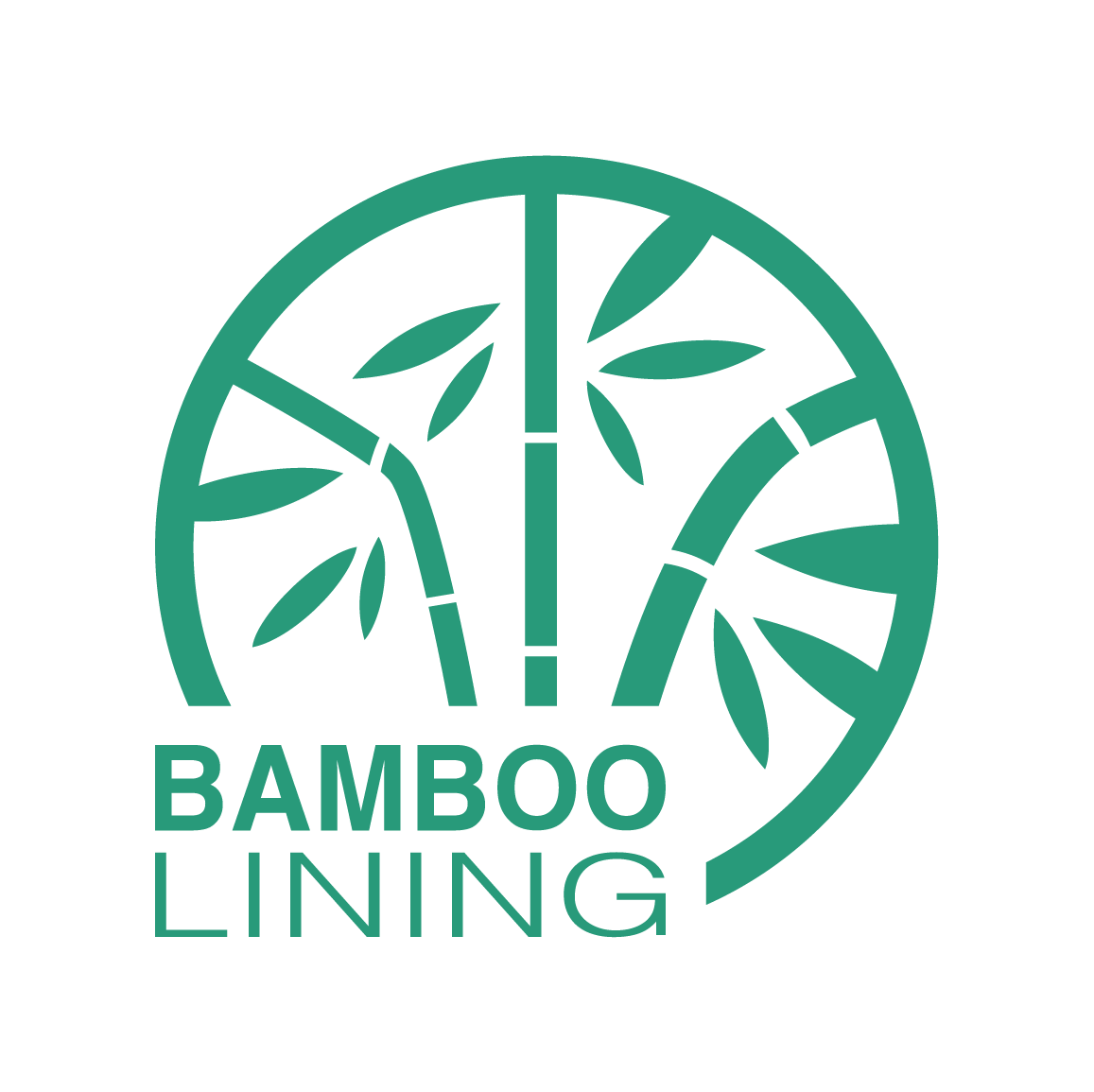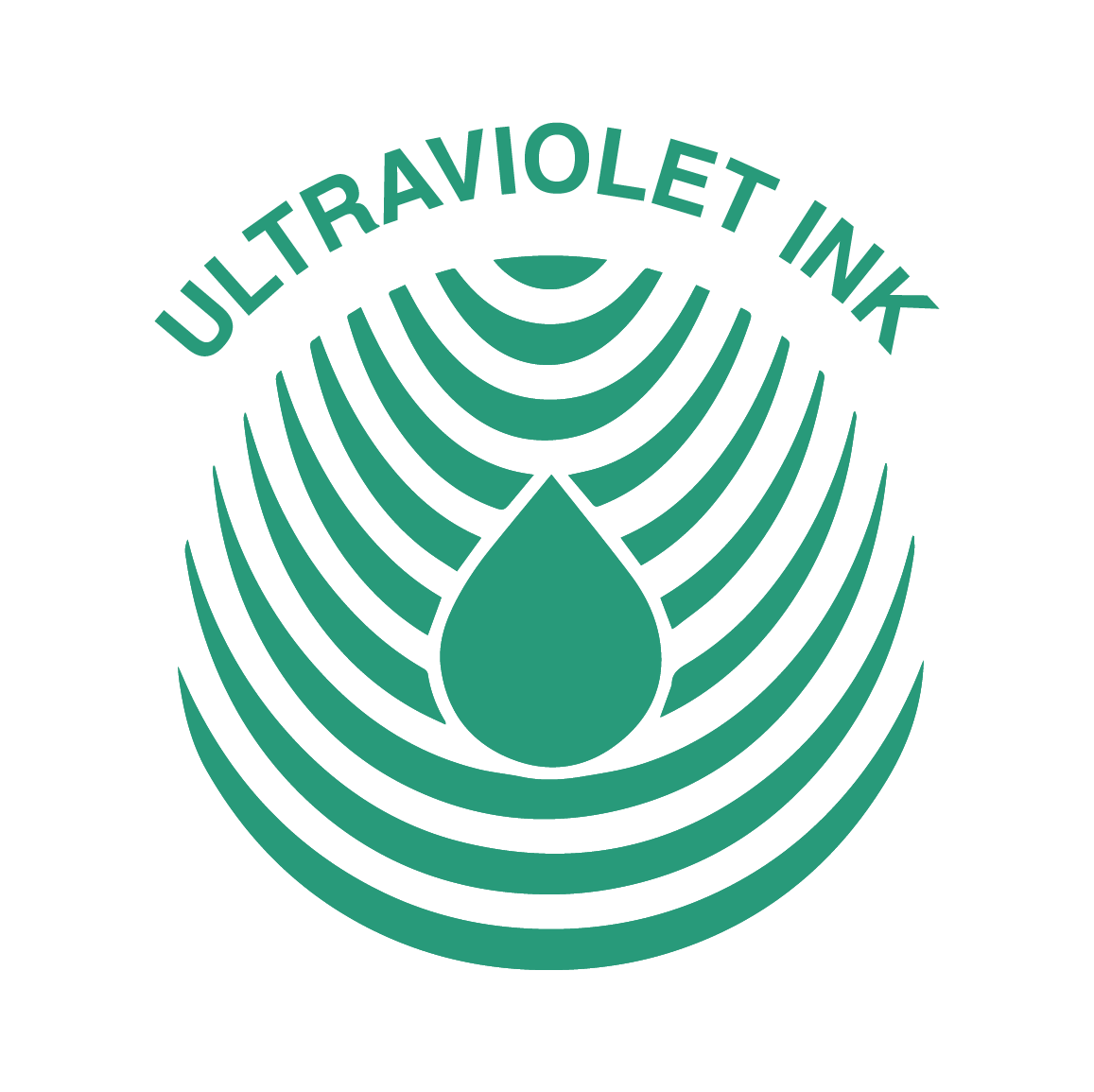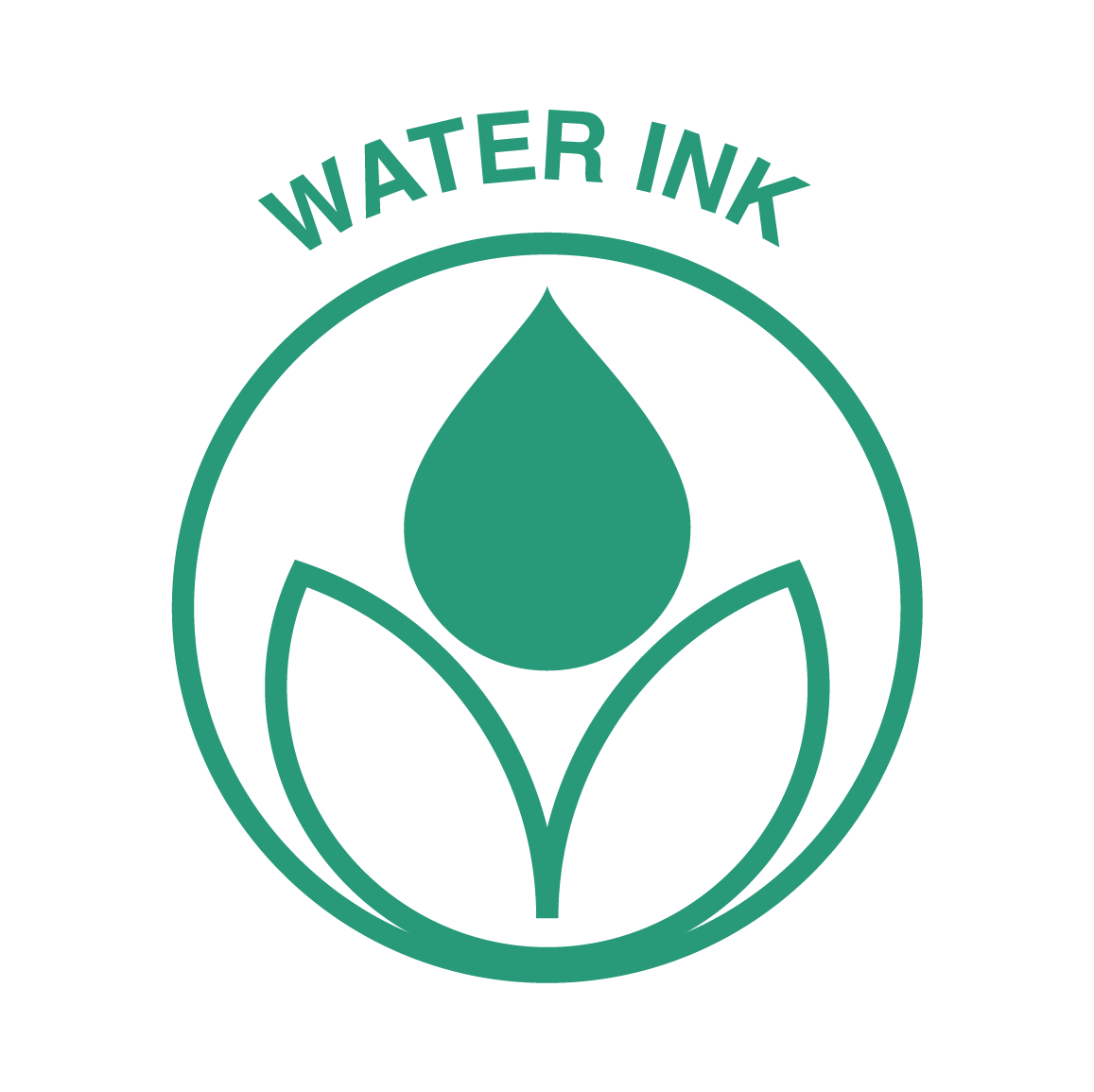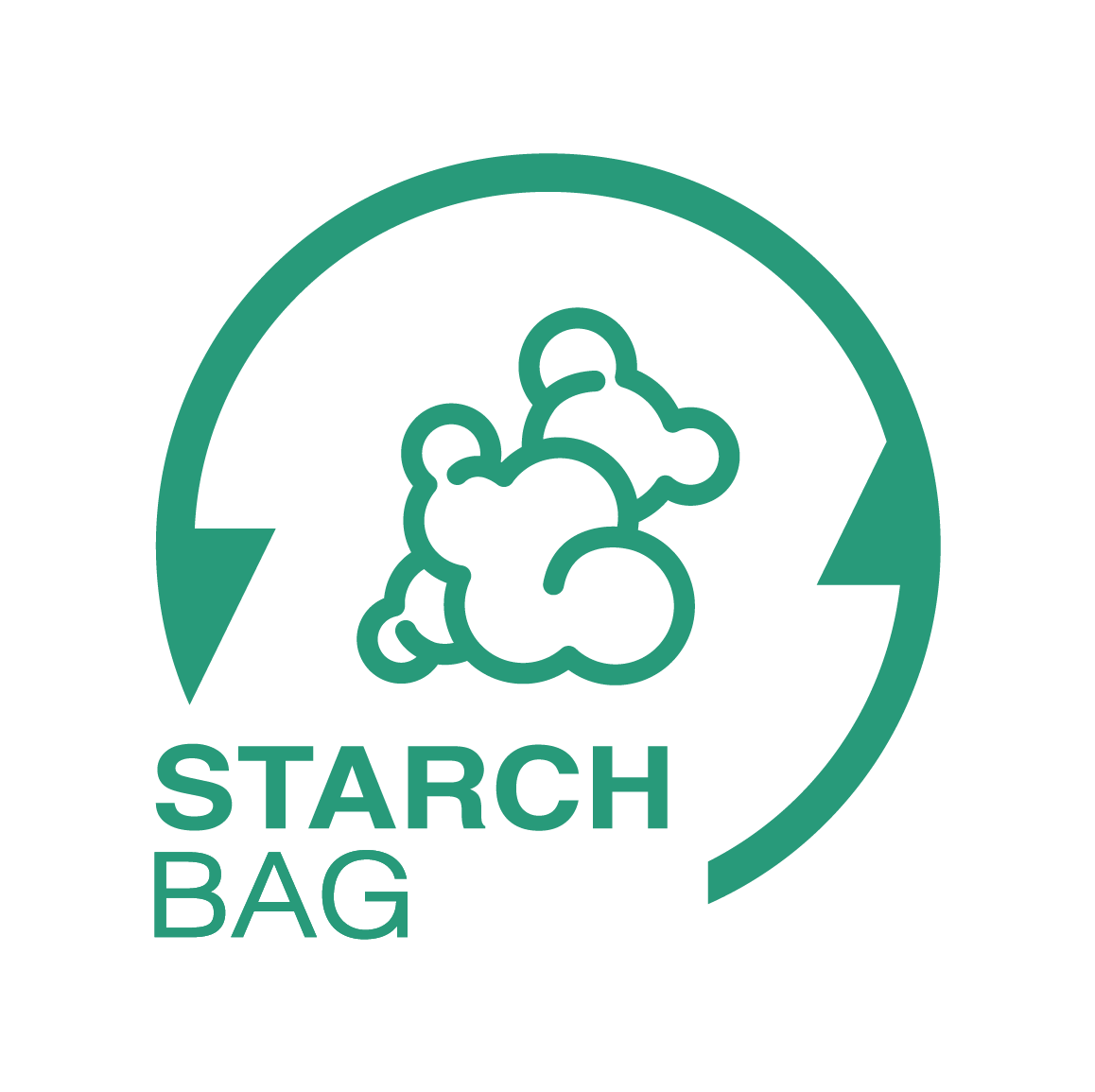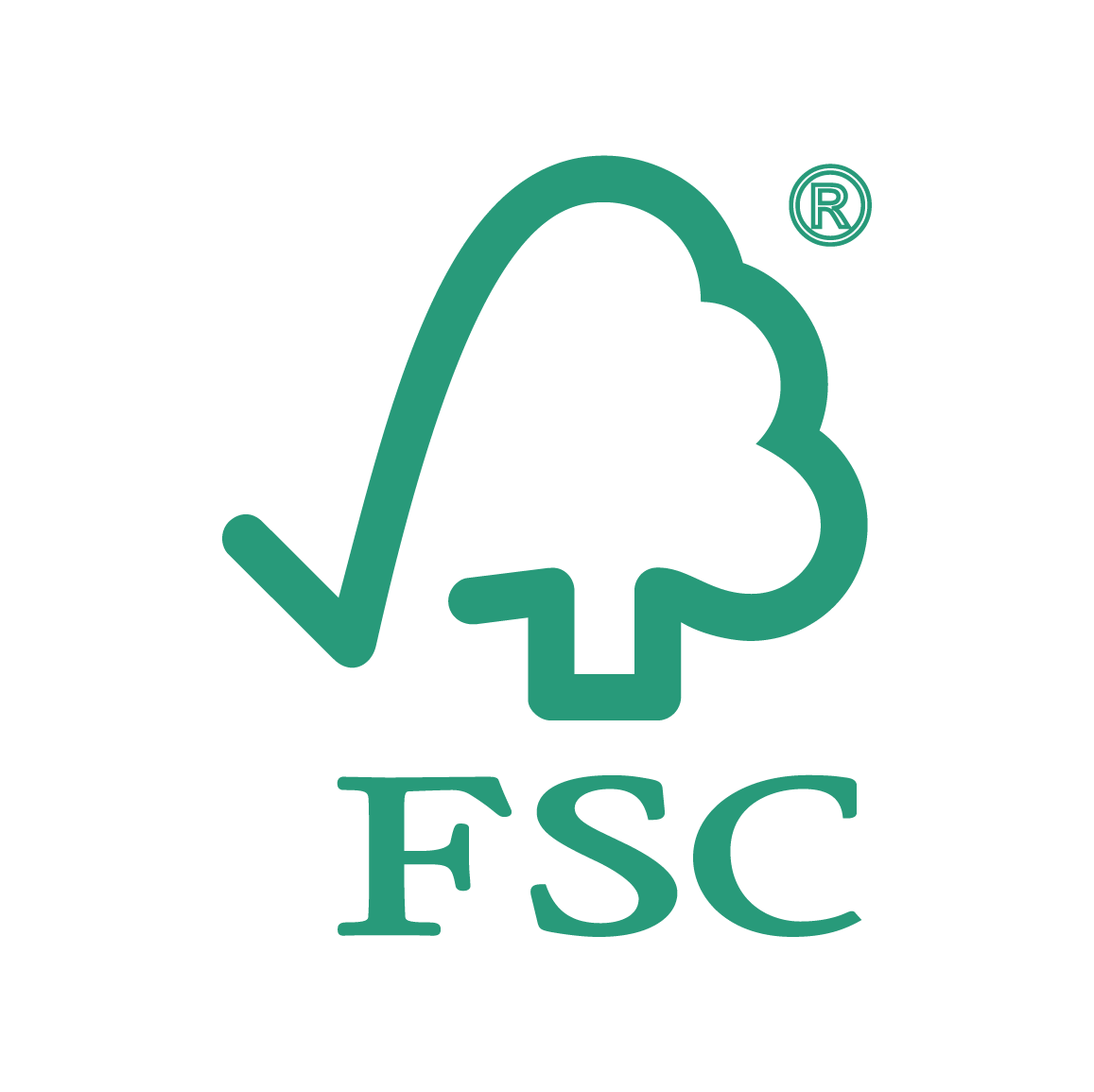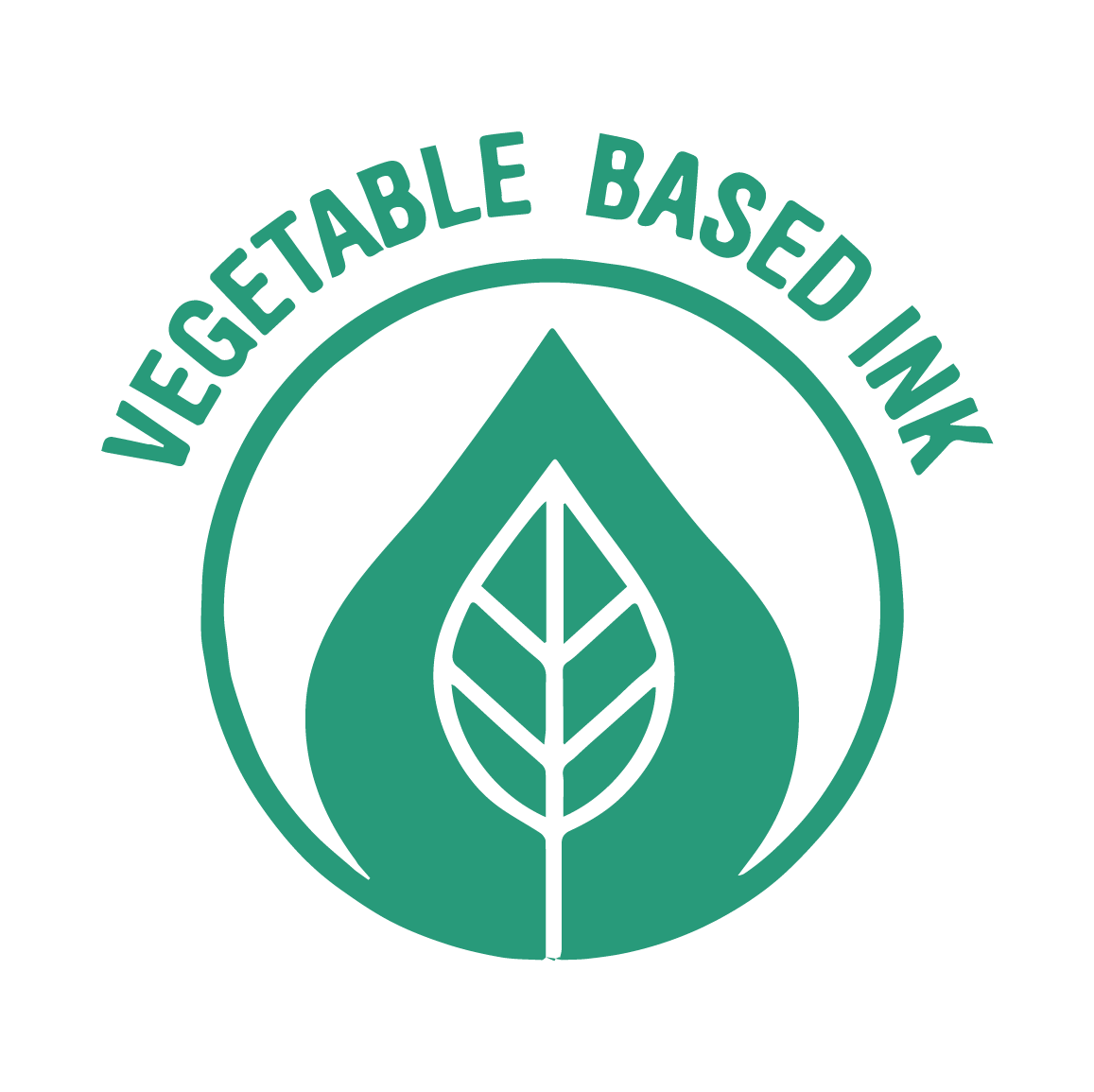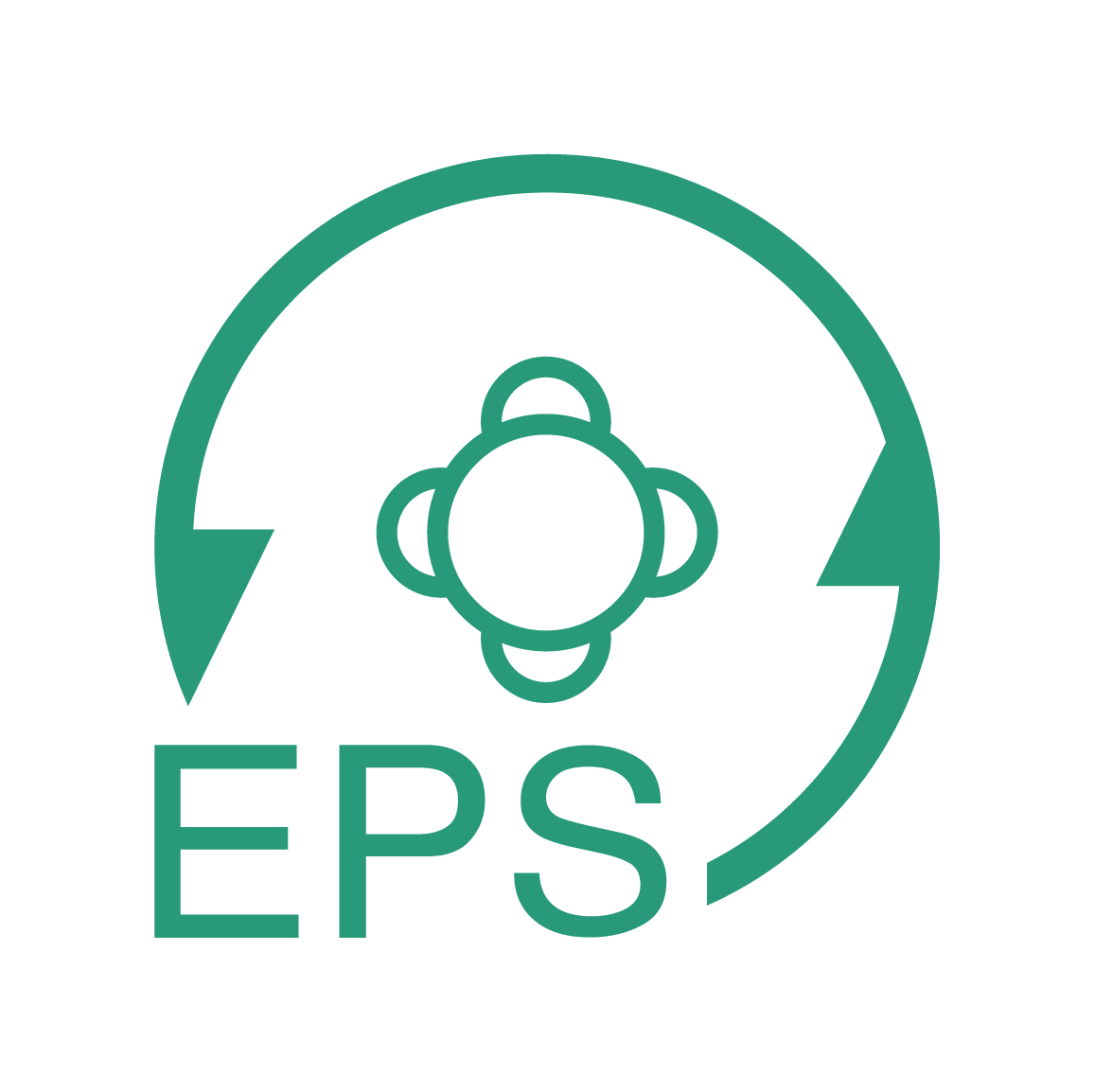
All our helmets are made from high-grade shock absorbing polystyrene reprocessed from the automobile industry. Recycling EPS contributes to environmental sustainability by reducing both need for virgin materials and energy consumption associated with the process of manufacturing new materials.
By using exclusively recycled EPS into our helmet production, we can offer durable and reliable products without compromising on performance.

